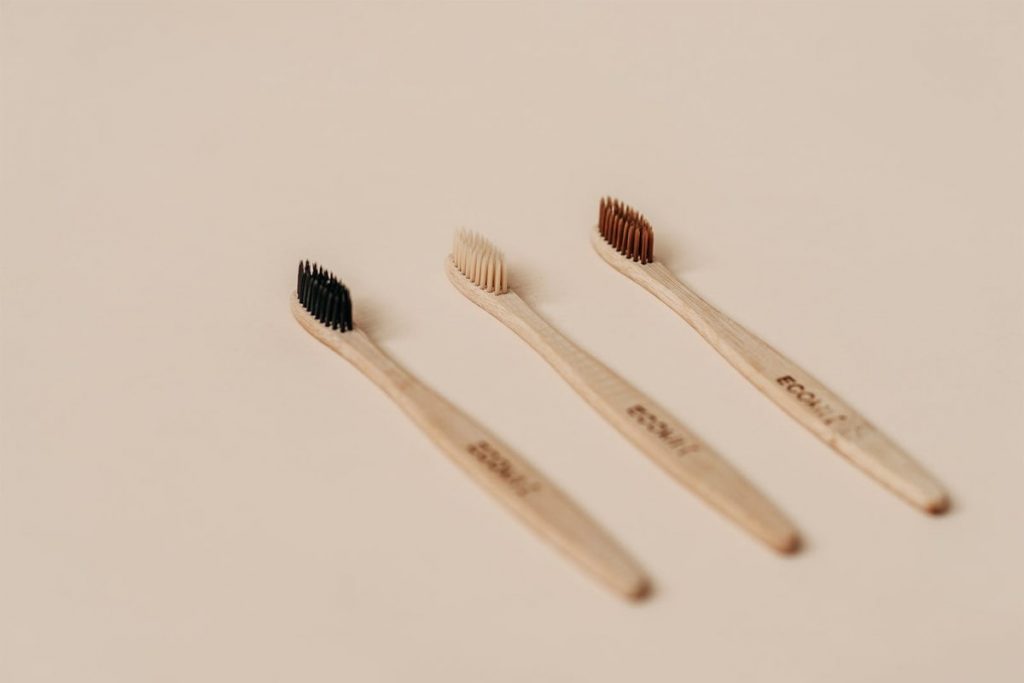Organic lip balms are becoming popular for their natural ingredients and purported health benefits. While these balms may be pricier than traditional options, their clean ingredients make them a beneficial addition to your beauty regimen. In this article, we'll review what organic lip balm is, which elements to look for on labels, and where to shop. We'll also provide instructions for making organic lip balms at home.
What is Organic Lip Balm?
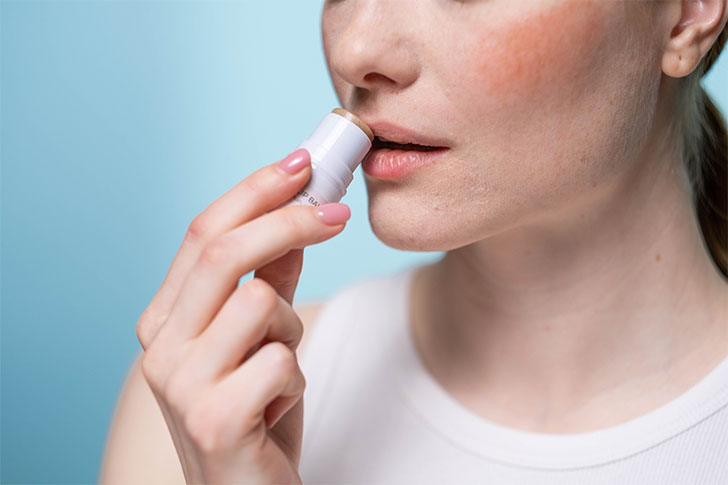
Ron Lach / Pexels
Organic lip balm is a beauty product made with natural ingredients that can replace the traditional petroleum-based or synthetic ingredients found in conventional lip balms. People often interchangeably use the terms "organic," "natural," and "all-natural" when referring to lip balms, but there can be slight distinctions. Generally, when shopping for organic lip balm, you should look for products referencing USDA-certified organic ingredients or advertise their 95-100% organic composition.
Benefits of Organic Lip Balm
Organic lip balms contain natural waxes, oils, fats, and butter that help to keep lips hydrated and soft. Additionally, many organic lip balm products are free from common allergens and irritants like phthalates, parabens, and synthetic fragrances that you may find in conventional products.
Types of Organic Lip Balm
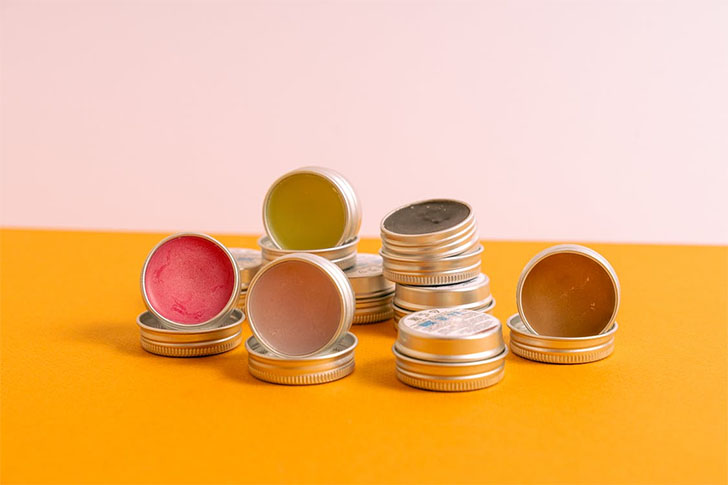
Antoni Shkraba / Pexels
Organic lip balms typically come in stick form but also can come as tins or pots. The product's color can range from transparent to shades of white and even brighter colors depending on the product's formulation and additional ingredients such as natural pigments or berry extracts. Natural oils can give organic lip balms their glossy finish while adding moisturization benefits; some formulations may even have anti-aging benefits due to antioxidants like Vitamin E that fight free radicals.
Health Benefits of Organic Lip Balm
Organic lip balms use oil-based emollients that reduce water loss from lips and impart a protective layer against dehydration. It's important to understand that the types of oils used may change between brands; some companies use synthetic derivatives of natural oils while others commit fully to plant-based formulas using Moringa oil, Vitamin E oil, avocado oil, olive oil, etc. Additionally, some organic lip balms include beeswax as an ingredient; this wax has been said to carry anti-inflammatory effects with it when applied topically.
Ingredients to Look For in Organic Lip Balms
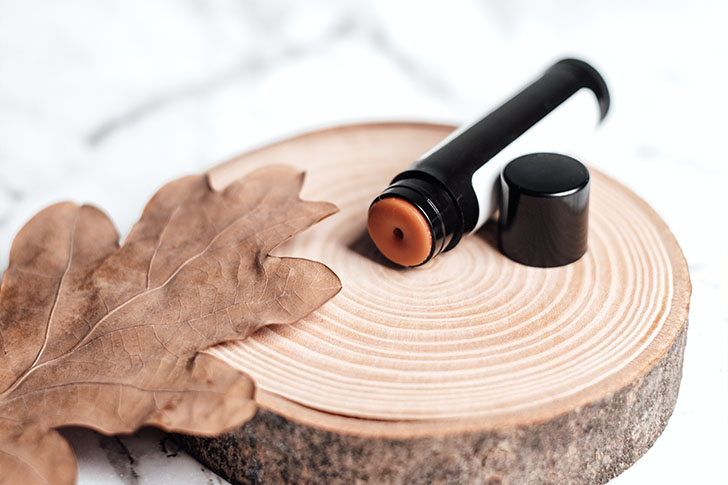
Vie Studio / Pexels
When shopping for an organic lip balm, it's essential to pay attention to the labels and look out for the following ingredients:
Natural Oils: Natural oils such as grapeseed or coconut are essential for any organic lip balm formulation; these oils will give a glossy finish while imparting moisture and hydration benefits onto lips. Other natural oils like castor seed or sweet almond may offer additional benefits such as a boost of antioxidants or protection against skin damage due to environmental stressors like UV radiation or exposure to pollutants in the air.
Waxes: Waxes are a crucial ingredient in any lip balm formula; they provide structure by hardening the melted oils during cooling while providing a protective coating over lips against dehydration. When shopping for organic lip balms, look for plant-derived waxes like carnauba wax derived from palm tree leaves instead of polyethylene glycol. The latter is sourced from petroleum and ethylene oxide derivatives deemed toxic by many scientists today.
Butter: Shea butter or cocoa butter are great additions to organic lip balm recipes because they
work similarly to waxes by helping the mixture harden. It also protects against environmental stressors like cold winter winds or hot summer suns without clogging pores or blocking airflow within skin cells on the lips' delicate surface area—something that petroleum-based products may do if used too often for prolonged periods.
Shopping For Organic Lip Balm
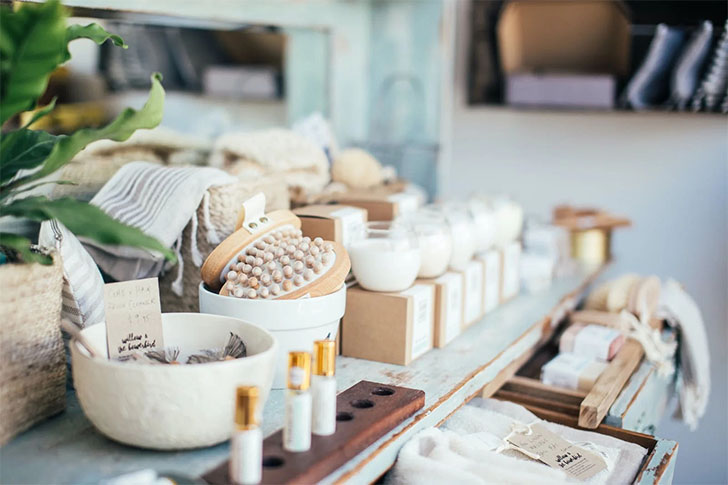
Rachel Claire / Pexels
Organic lip balms come in various brands and formulas that suit different budgets and occasions— from everyday usage to special events where you want your lips to look nice for those memorable photos! Knowing where to shop can help you pick up the right product without hassle. Here are our tips.
Buying From Organic Retailers: Shopping at organic retailers such as Whole Foods Market can increase your chances of purchasing an organic product since most product selections have at least 95% organic composition— plus, you can shop online in advance if you don't have time to get yourself there during store hours physically!
Buying From Natural Grocery Stores: If no Whole Foods Market locations exist nearby, then consider shopping from natural grocery stores such as Sprouts Farmers Market, which carries non-GMO certified items, including organic beauty products. Double-check ingredient labels before purchasing since not all products featured at these stores may meet qualifications set by USDA guidelines regarding certified organic compositions.
Online Shopping: Besides physical stores, there's always online shopping where large varieties of brands offering different types of organic products inhabit - browse through reputable e-commerce sites like Amazon or Etsy for more selection! Just remember not every item sold on these sites is advertised correctly, so read up on customer reviews before putting money down on what seems like an ideal option.
show more
















